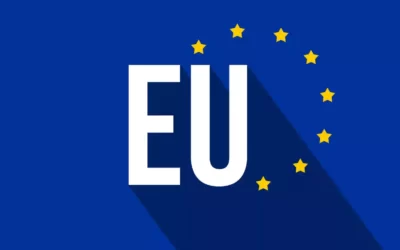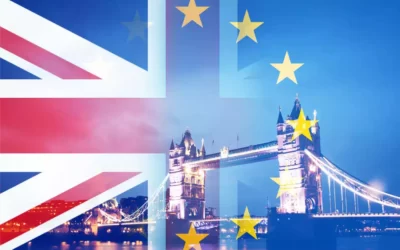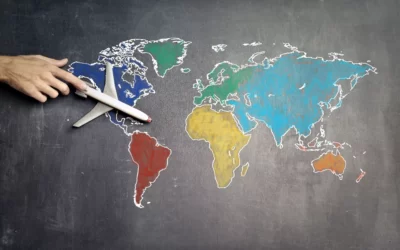EU referendum poll, EU referendum – Leadership In Europe After Brexit. EU despite the Brexit “…The Union shall establish an internal market. It shall work for the sustainable development of Europe based on balanced economic growth and price stability, a highly...
What Is Brexit Global Affectation
Health challenges rarely appear suddenly. They develop through small imbalances over time.
Small adjustments prevent larger problems.
At 52 Key Week, we believe that weekly adjustments protect health through consistent care.
Why Small Adjustments Matter
Small changes are easier to maintain.
They prevent stress and resistance.
Consistency protects health.
Identifying What Needs Adjustment
Awareness reveals areas for improvement.
Sleep, movement, and stress are common starting points.
Adjustments Over Corrections
Adjusting gently works better than forcing change.
Health responds to kindness.
Weekly Adjustment Examples
Examples include:
Going to bed earlier
Adding light movement
Reducing stress triggers
These protect balance.
Adjustments Build Resilience
Small corrections prevent burnout.
Resilience grows through care.
Reflection Guides Adjustment
Ask:
What felt off this week?
What small change could help?
Reflection supports clarity.
Long-Term Protection Comes From Consistency
Health stays strong through repeated care.
One Adjustment Is Enough
Choose one small change this week.
Protect your health steadily.
Read More
Affectations or benefits on UK´s e-Commerce
Affectations or benefits on UK´s e-Commerce. “Make your buying and selling experience even easier with Local eBay. Find the items you’re after – whether it’s home furniture, garden knick-knacks, or even a caravan. Local eBay allows buyers and sellers to connect in an...
Global trends define the business world
Trends Define The Business World Global trends define the business world. According to Forbes magazine, in the top 10 business world trends that would drive success in 2016 by December 1, the top-performing companies would focus on connecting with customers, which...
Start the stampede of UK companies after Brexit
Brexit. According to The Economist, Vote Leave designated as the official pro-Brexit campaign group claimed that business was evenly divided, yet most polls by trade associations found big majorities for staying in the EU before the referendum. A survey by the...
Profile of a global entrepreneur
Global Entrepreneur Global entrepreneur. This century is been characterized not just by the boundless growth of technology but the global tools redefining markets. As customers find easier and cheaper ways of satisfying personal needs, innovation and creativity are...
Outsourcing business impact
Outsourcing: business impact. According to Investopedia, outsourcing is a practice used by different companies to reduce costs by transferring portions of work to outside suppliers rather than completing it internally. It is usually an effective cost-saving strategy...
Leave a comment.















0 Comments